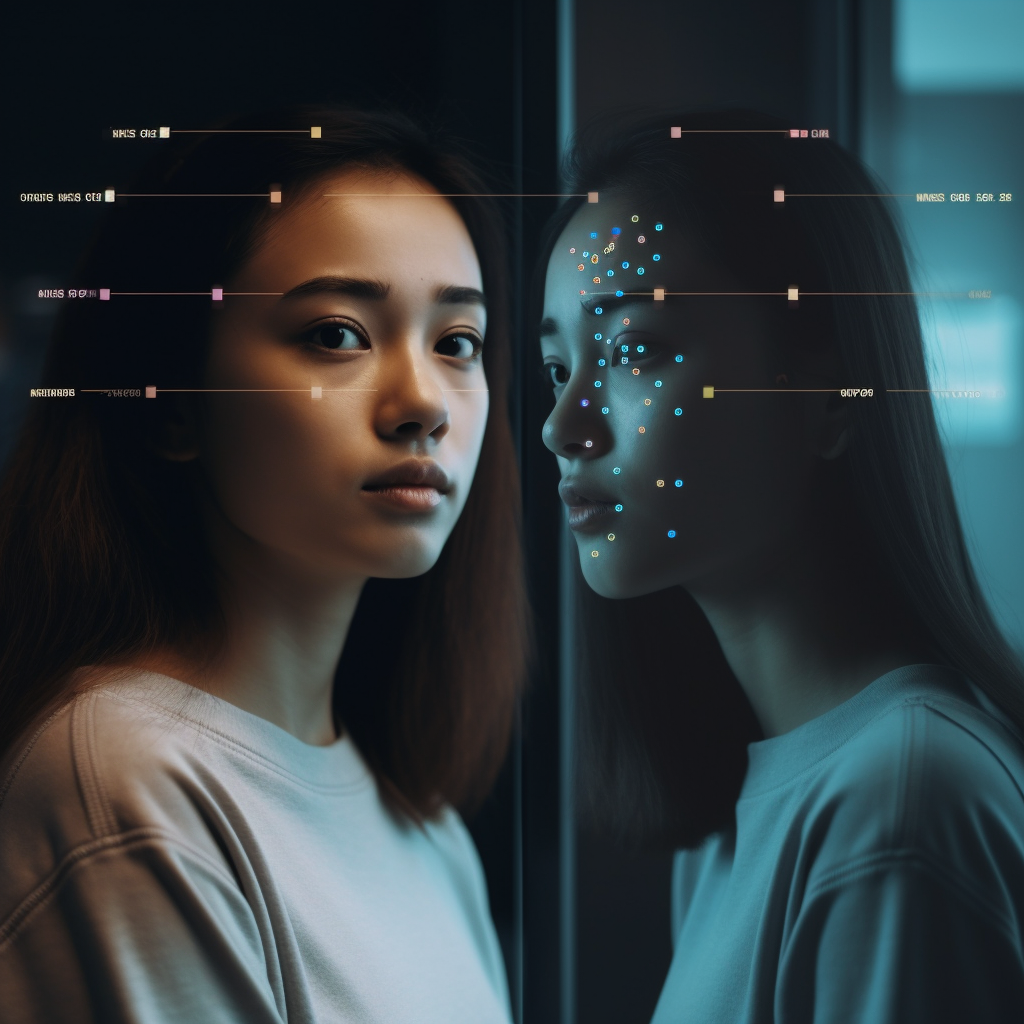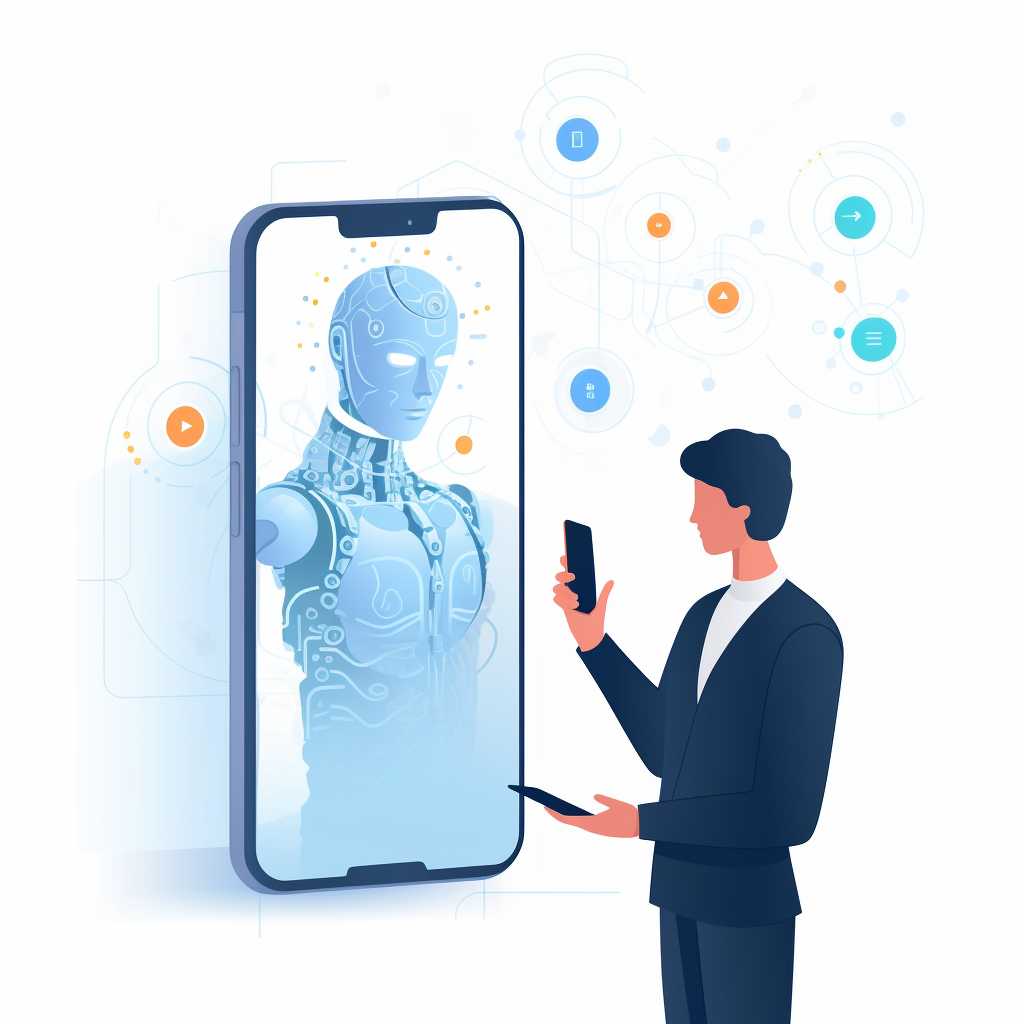The Pros and Cons of AI and Personal Identity: Can Robots Really Understand Who You Are?

The rise of artificial intelligence (AI) is rapidly changing the way we live our lives. From virtual assistants to self-driving cars, AI has the potential to transform virtually every aspect of our daily routine. But as AI becomes more advanced, it's also raising important questions about personal identity. Can machines truly understand who we are? In this article, we'll explore the pros and cons of AI and its impact on personal identity.

Pros:
👥 Personalization: AI algorithms can analyze data to personalize products and services to meet an individual's preferences and needs. This can help people feel recognized and valued as individuals, enhancing their sense of personal identity.
💪 Self-improvement: AI-powered apps and tools can help individuals track and analyze their behaviors, habits, and moods, providing insights that can help them improve their well-being and personal growth.
👨🦽 Accessibility: AI-powered devices and applications can improve accessibility for individuals with disabilities, enabling them to access information and services that were previously out of reach. This can enhance their sense of independence and personal identity.
💬 Emotional support: AI chatbots and virtual assistants can provide emotional support to individuals in need, offering a non-judgmental ear and helping them feel heard and understood.
🌍 Cultural preservation: AI can be used to preserve cultural heritage and traditions, helping individuals to connect with their roots and enhance their sense of cultural identity.

Cons:
🕵️♂️ Loss of privacy: With the increasing amount of data being collected and analyzed by AI algorithms, there is a risk that personal information could be used without consent or even stolen, resulting in identity theft or fraud.
🤖 Manipulation: AI algorithms could be used to manipulate individuals' thoughts and behaviors. For example, social media algorithms could be used to influence people's political opinions, and recommendation algorithms could be used to promote unhealthy or harmful behaviors.
👥 Bias and discrimination: There is a risk that AI algorithms could reinforce biases and discrimination, leading to the creation of unfair or discriminatory practices against certain groups of people. This could have significant impacts on people's personal identity and sense of self-worth.
🤖 Loss of agency: There is a risk that AI algorithms could replace human decision-making entirely, leading to a loss of agency and control over our own lives. This could result in a weakening of personal identity and a sense of purpose, as individuals feel disconnected from their own decision-making processes.

AI has the potential to bring significant benefits to society, including personalization, self-improvement, accessibility, emotional support, and cultural preservation. However, it's also important to be aware of the potential threats AI poses to personal identity, including loss of privacy, manipulation, bias and discrimination, and loss of agency. As AI continues to evolve, it's crucial that we take steps to mitigate these risks and ensure that we're using AI in ways that enhance our personal identity, rather than erode it.

